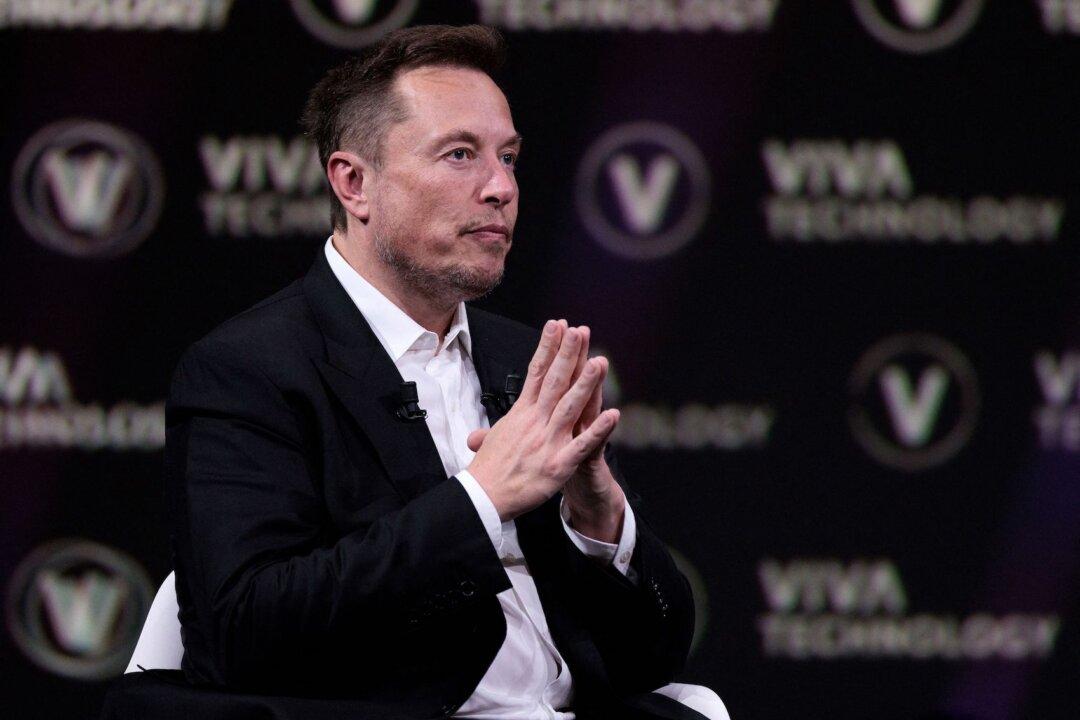Bill Gates, Elon Musk, and Mark Zuckerberg are among the big names from Big Tech slated to appear at the Senate’s closed-door AI Insight Forum on Sept. 13.
“Both parties recognize that AI is something we can’t ignore, but we need a lot of help understanding the best way forward,” Senate Majority Leader Chuck Schumer (D-N.Y.) said in a Sept. 7 announcement of the closed-door hearing.





